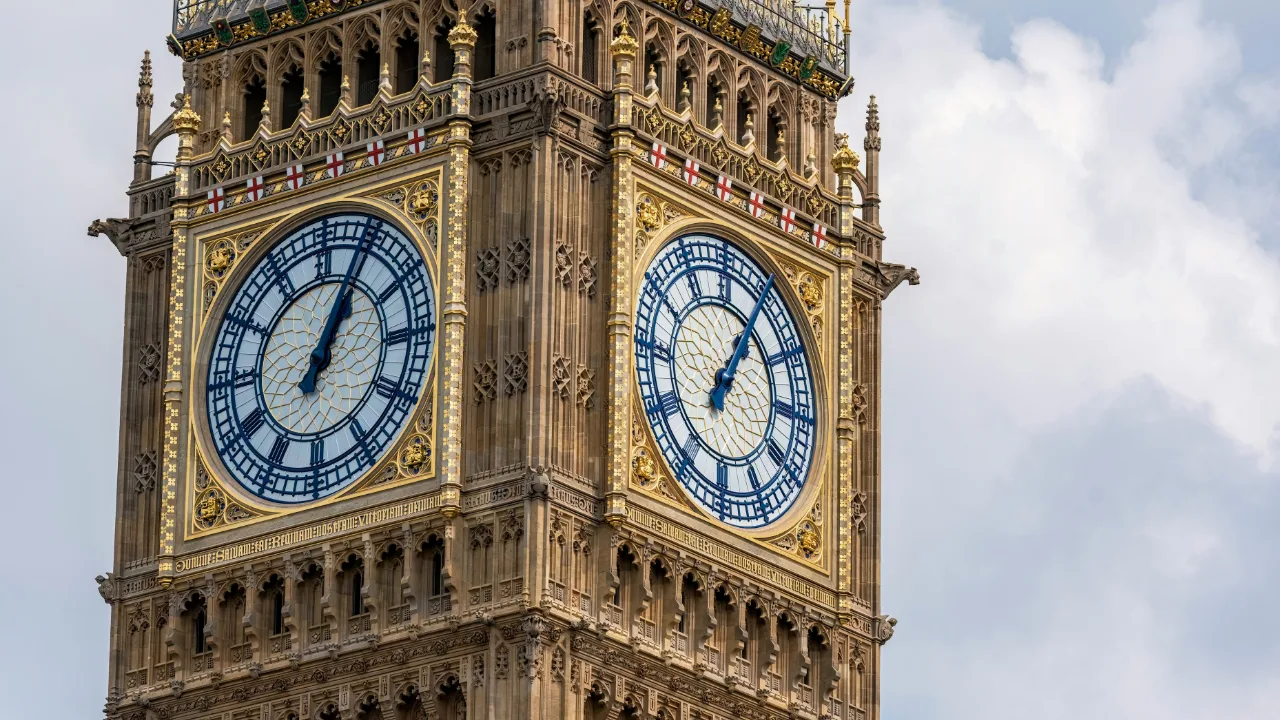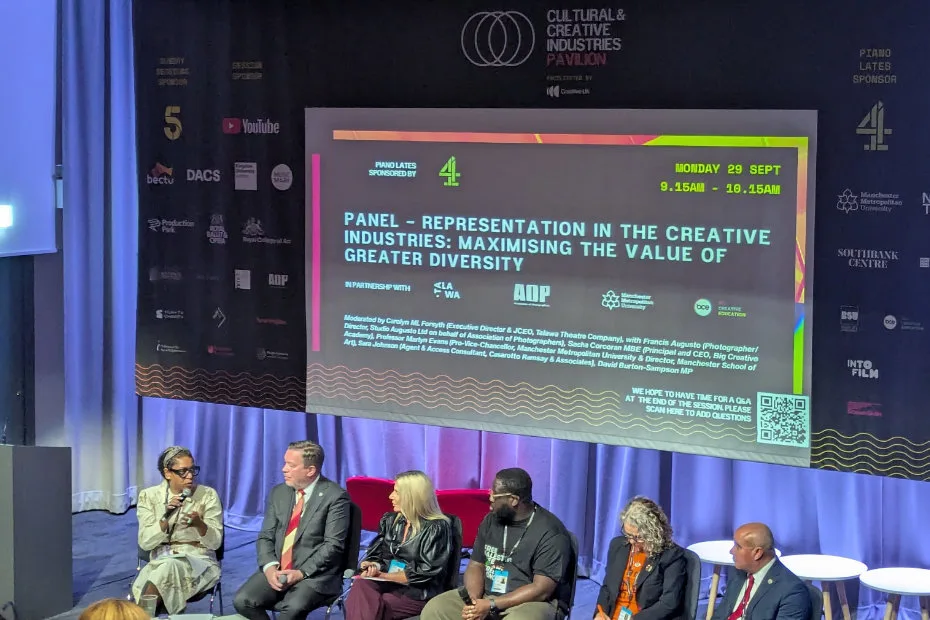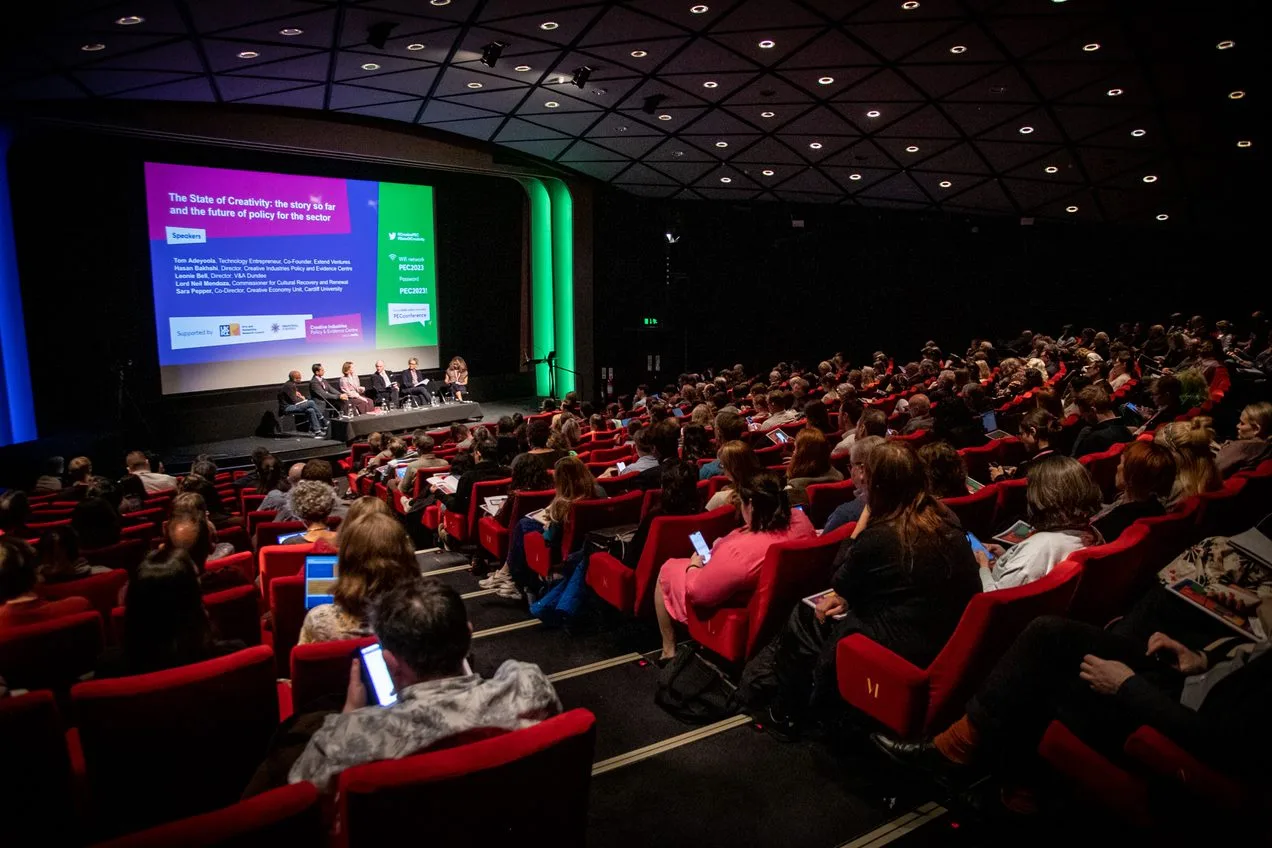On February 10th the House of Commons Treasury Committee published the latest report of their inquiry into the economic impact of coronavirus. Their June 2020 report focused on the gaps in support for workers and highlighted “freelancers and those on short-term contracts” as one of 4 groups at risk of being “unlikely to be eligible for either of the Government’s two principal income support schemes” – the Coronavirus Job Retention Scheme (CJRS) and the Self-Employment Income Support Scheme (SEISS). Their latest publication reiterates the fact that “there are a large number of freelancers who continue to miss out on support”.
Freelancers are some of the more likely workers to have “fallen through the gaps” of Government’s support. As a result, there have been numerous calls for the government to better protect freelancers throughout the pandemic. Excluded UK was created to advocate for what is estimated to be 3 million taxpayers – 10% of the UK workforce – who have been unable to fully access the government’s support schemes, and the All-Party Parliamentary Group on Gaps in Support, with an extraordinary cross-party membership of over 260 parliamentarians, has kept actively asking the government to help those that need it. The issue of the economic vulnerability of the self-employed is well known, and while efforts to help them are welcome, more needs to be done to identify the differences between different kinds of freelancers and sectors. Failing to address the needs of freelancers of all types risks ending up with a “one-size-fits-all” solution, which could in turn create a new set of problems going forward. A good example of this can be found in the post-freedom of movement immigration system which is based on the understanding that the vast majority of skilled workers needing entry to the UK will be in full time employment with a salary of over £30,000, or will only need to enter the country for up to thirty days. For an industry that relies heavily on a self-employed workforce and high-value skills that are not always reflected in salaries this has already raised a number of serious issues.
Avoiding a “one-size-fits-all” approach is especially important when it comes to the creative industries – where 32.3% of the workforce is self-employed compared with 15.6% of the UK as a whole, according to the latest Employment Estimates from the Department of Digital, Culture, Media and Sport. Closed venues, cancelled events and the suspension of exhibitions, plays and productions resulted in massive job and financial insecurity and freelance contracts and projects disappearing overnight.
The evidence shows that parts of the creative workforce have been amongst the worst affected by the COVID-19 crisis. The initial findings from a collaborative research project between the Centre for Cultural Value, the PEC and The Audience Agency into the impacts of COVID-19 on the cultural sector and implications for policy highlight the existence of a crisis, with a loss of 55,000 jobs (equal to 30%) in music, performing and visual arts, a collapse in working hours (in the wider creative sector) and higher than average numbers of people leaving creative occupations.
Additionally, further analysis of the Office for National Statistics (ONS) Labour Force Survey for the first three quarters of 2020 has shown that the number of freelancers in all creative occupations declined by around 38,000 from the start of 2020, and that the crisis for freelancers is hitting different demographic groups in uneven ways.
More research is being done by the PEC, the Centre for Cultural Value and a number of organisations across the UK to fully understand the short-, medium- and long-term impacts of the pandemic on creative freelancers. Further work will be needed to help policymakers fully understand the unique ecology of the creative industries, which by their very nature function on the basis of “a mix of project-based production systems, outsourcing, temporary organisational forms and configuring events, (collaborative) networks of freelancers and volunteers and portfolio working”, as noted in a PEC-commissioned report on Creative Freelancers and lessons from COVID-19.
During the inquiry into the economic impact of Coronavirus, the Select Committee heard evidence from a variety of witnesses, from banks and finance associations to trade bodies, representatives from the commerce, business and industry sectors and experts and academics. However, few sessions dealt with freelancers and none with the creative industries specifically. It was only in the oral evidence session held earlier in on October 6th 2020 that their plight was highlighted, with the arts and entertainment sector listed as one of the most negatively affected by the pandemic and lockdowns (“38% professional musicians receive support from neither [CJRS & SSEIS] scheme”) and the Scottish Government’s support for the newly self-employed cited as an example of what could be done to help.
As well as Scotland, Wales and Northern Ireland have also introduced support measures, particularly for those working in the creative industries For example, the Individuals Emergency Resilience Programme, which offered through the NI Arts Council and targeted at “those working in the creative economy including freelancers, musicians, DJs, actors, artists and craft workers.” Support from Westminster, in contrast, has been mainly targeted at institutions instead of individuals, and while programmes such as the Arts Council Emergency fund for individuals and the generous and unprecedented Culture Recovery Fund have been broadly welcome, some have indicated a need to provide further dedicated help and support for staff, performers and creatives in the short, medium and long term. As one of the witnesses to the select committee inquiry into the economic impact of coronavirus. put it: “You cannot put on a show in the West End or any town or city and you cannot have a live music performance without relying on those self-employed and freelance staff. How we support those people so that, when venues do reopen, they are in a position to go back to work is really important”.
It is vitally important that the government provides targeted support for freelancers. Not only for when venues in the UK do finally reopen over the next few months – as per the Prime Minister’s recently introduced roadmap out of lockdown – but for the long-term health of the creative sector. A recent report by the EU Parliamenton cultural and creative industries in post COVID-19 Europe highlights the dangers of a “professional brain drain”, as creative professionals migrate to non-creative jobs. Moreover, research from the PEC has added to the evidence that diversity among the sector is being severely affected by the pandemic. Further, there is already enough data to “suggests we should be especially worried about younger workers”, with almost 30% of creative workers under the age of 25 leaving creative occupations after lockdown, a much higher proportion than older groups.
The creative industries are worth over £100bn a year to the UK economy and employ over 2 million people. Additionally, and as noted on the Treasury Committee report, the Bank of England has observed that the UK’s GDP “is more dependent on sectors which involve high levels of human interaction than other economies”, with spending on things such as going to the theatre or a live event representing “around 13% of total output, compared with around 11% in the US and 10% in the euro area”.
Post-pandemic recovery won’t be possible unless the Government and policymakers fully understand that in order to help this crucial part of the economy build back better and in a way that is sustainable in the long term, there needs to be a carefully considered plan and set of measures, based on solid evidence and research. A“one-size-fits-all” approach does not only risk not working, but could even jeopardise the entire sector going forward, as in the already mentioned case of post- freedom of movement immigration policy.
Hero image by RhondaK Native Florida Folk Artist on Unsplash
The PEC’s blog provides a platform for independent, evidence-based views. All blogs are published to further debate, and may be polemical. The views expressed are solely those of the author(s) and do not necessarily represent views of the PEC or its partner organisations.
References (in order referenced)
House of Commons Treasury Select Committee (2021). Economic impact of coronavirus: gaps in support and economic analysis Available from: https://committees.parliament.uk/publications/4703/documents/47210/default/ (Accessed: 20th February 2021)
House of Commons Treasury Select Committee (2020). Economic impact of coronavirus: Gaps in support Available from: https://committees.parliament….(Accessed: 20th February 2021)
Creative Industries Federation (2017). Creative freelancers. Available from: https://www.creativeindustriesfederation.com/sites/default/files/2017-07/Creative%20Freelancers%201.0.pdf (Accessed 20th February 2021)
O’Brien, D. (2020) ‘A jobs crisis in the cultural and creative industries’, PEC blog series as part of a project with the Centre for Cultural Value (CCV) and the Audience Agency (AA) on the impacts of COVID-19 on the cultural sector [Online]. Available from: https://pec.ac.uk/blog/how-covid-19-is-impacting-the-cultural-sector-with-the-loss-of-55-000-jobs-in-the-arts (Accessed: 25th February 2021)
Henry, N. et al. (2021) ‘Building Back Better? Creative Freelancers and Learning from the COVID-19 Experience’. Coventry University, commissioned by the PEC; available from: https://pure.coventry.ac.uk/ws/portalfiles/portal/40065818/PEC_Covid_and_Building_Back_Better_Report_Final.pdf (Accessed: 25th February 2021)
EU Parliament (2021) ‘Cultural and creative sectors in post COVID-19 Europe’. Policy Department for Structural and Cohesion Policies. Available from https://www.europarl.europa.eu/RegData/etudes/STUD/2021/652242/IPOL_STU(2021)652242_EN.pdf (Accessed: 25th February 2021)
PEC (2020) ‘The impact of COVID-19 on diversity in the creative industries’. Policy Briefing produced by the PEC as a result of an Industry Panel on diversity in the creative industries, held in December 2020 in partnership with the APPG for Creative Diversity. Available from:
https://pec.ac.uk/policy-briefings/the-impact-of-covid-19-on-diversity-in-the-creative-industries (Accessed: 25th February 2021)
O’Brien, D. (2021) ‘The impact of COVID-19 on jobs in the cultural sector – part 2’, PEC blog series as part of a project with the Centre for Cultural Value (CCV) and the Audience Agency (AA) on the impacts of COVID-19 on the cultural sector [Online]. Available from: https://www.culturehive.co.uk/… (Accessed: 25th February 2021)
Bank of England (2020), Monetary Policy Report and Financial Stability Report. Available from: https://www.bankofengland.co.uk/report/2020/monetary-policy-report-financial-stability-report-august-2020 (Accessed: 25th february 2021)
Related Blogs
From Wales to the World: Why International Cultural Policy Needs a Future Generations Lens
Can international cultural policy be shaped by focusing on future generations?
10 facts about Creative Industries growth potential
Discover ten key findings from the report 'High-Growth Potential Firms in the UK's Creative Industri…
Why London is investing in Creative Enterprise Zones
London Mayor Sir Sadiq Khan announces £2.2 million in new funding for Creative Enterprise Zones.
Research resources on Creative Clusters
We’ve collated recent Creative PEC reports to help with the preparation of your Creative Cluster bid…
What UK Job Postings Reveal About the Changing Demand for Creativity Skills in the Age of Generative AI
The emergence of AI promises faster economic growth, but also raises concerns about labour market di…
Creative PEC’s digest of the 2025 Autumn Budget
Creative PEC's Policy Unit digests the Government’s 2025 Budget and its impact on the UK’s creative …
Why do freelancers fall through the gaps?
Why are freelancers in the Performing Arts consistently overlooked, unseen, and unheard?
Insights from the Labour Party Conference 2025
Creative PEC Policy Adviser Emily Hopkins attended the Labour Party Conference in September 2025.
Association of South-East Asian Nations’ long-term view of the creative economy
John Newbigin examines the ASEAN approach to sustainability and the creative economy.
Culture, community resilience and climate change: becoming custodians of our planet
Reflecting on the relationship between climate change, cultural expressions and island states.
Cultural Industries at the Crossroads of Tourism and Development in the Maldives
Eduardo Saravia explores the significant opportunities – and risks – of relying on tourism.












